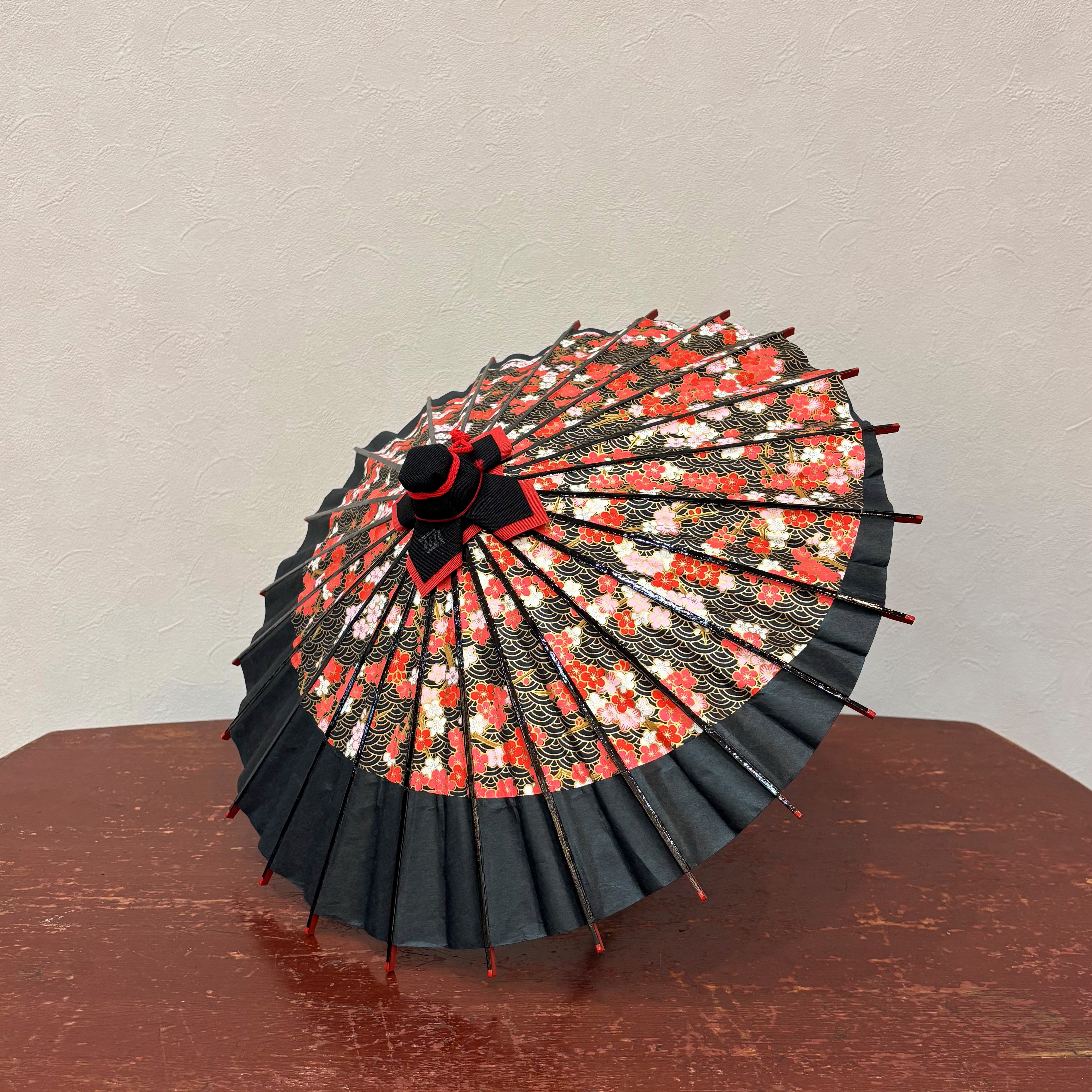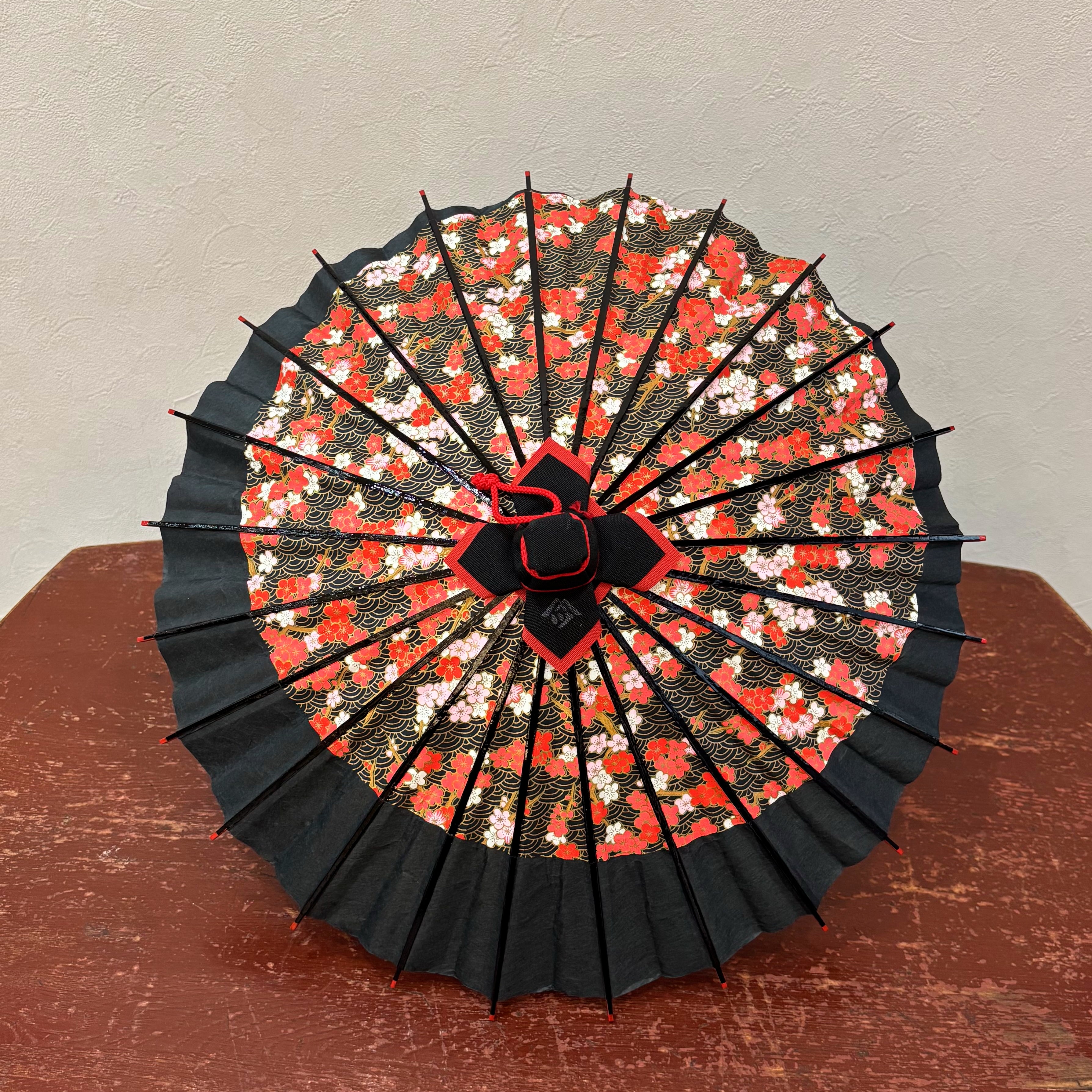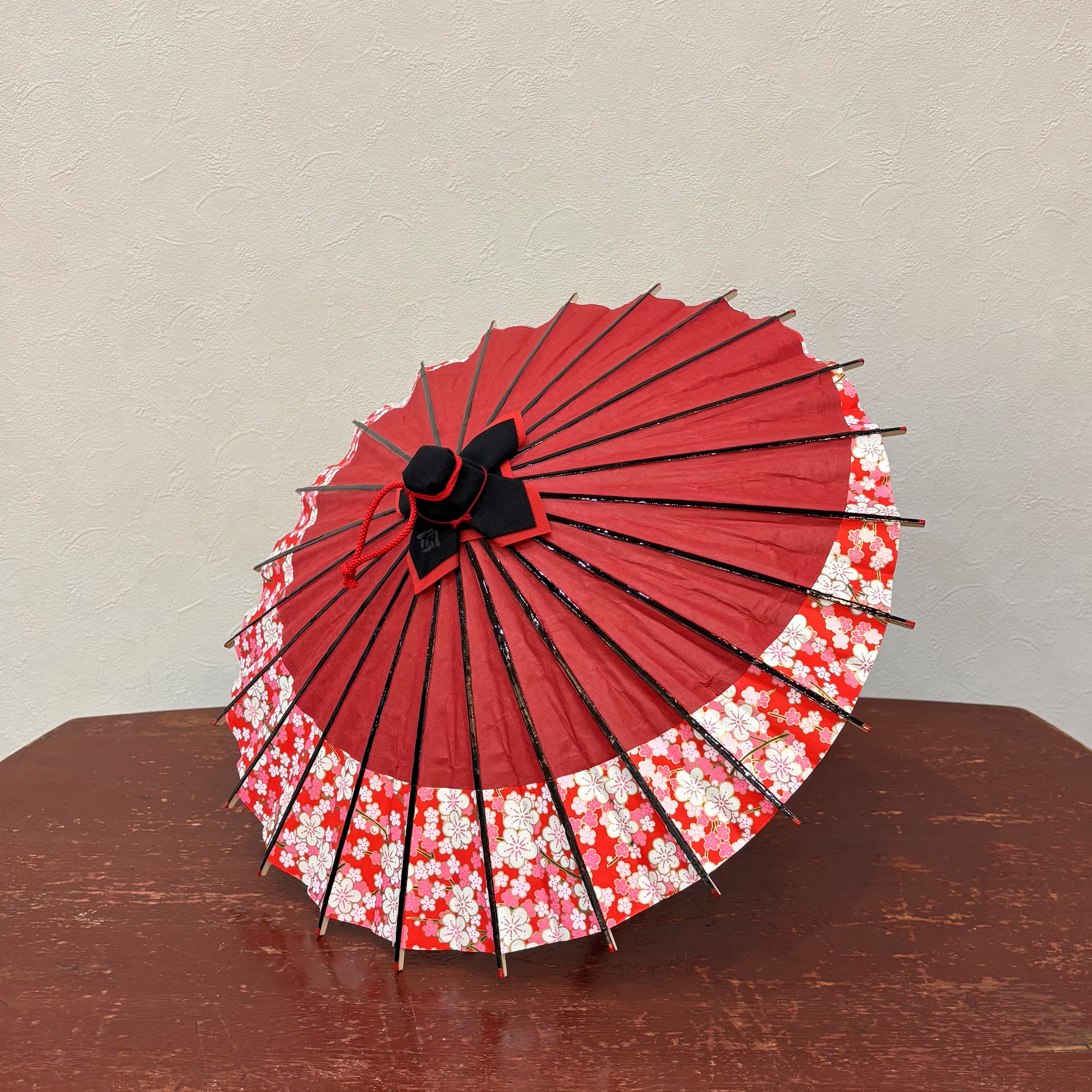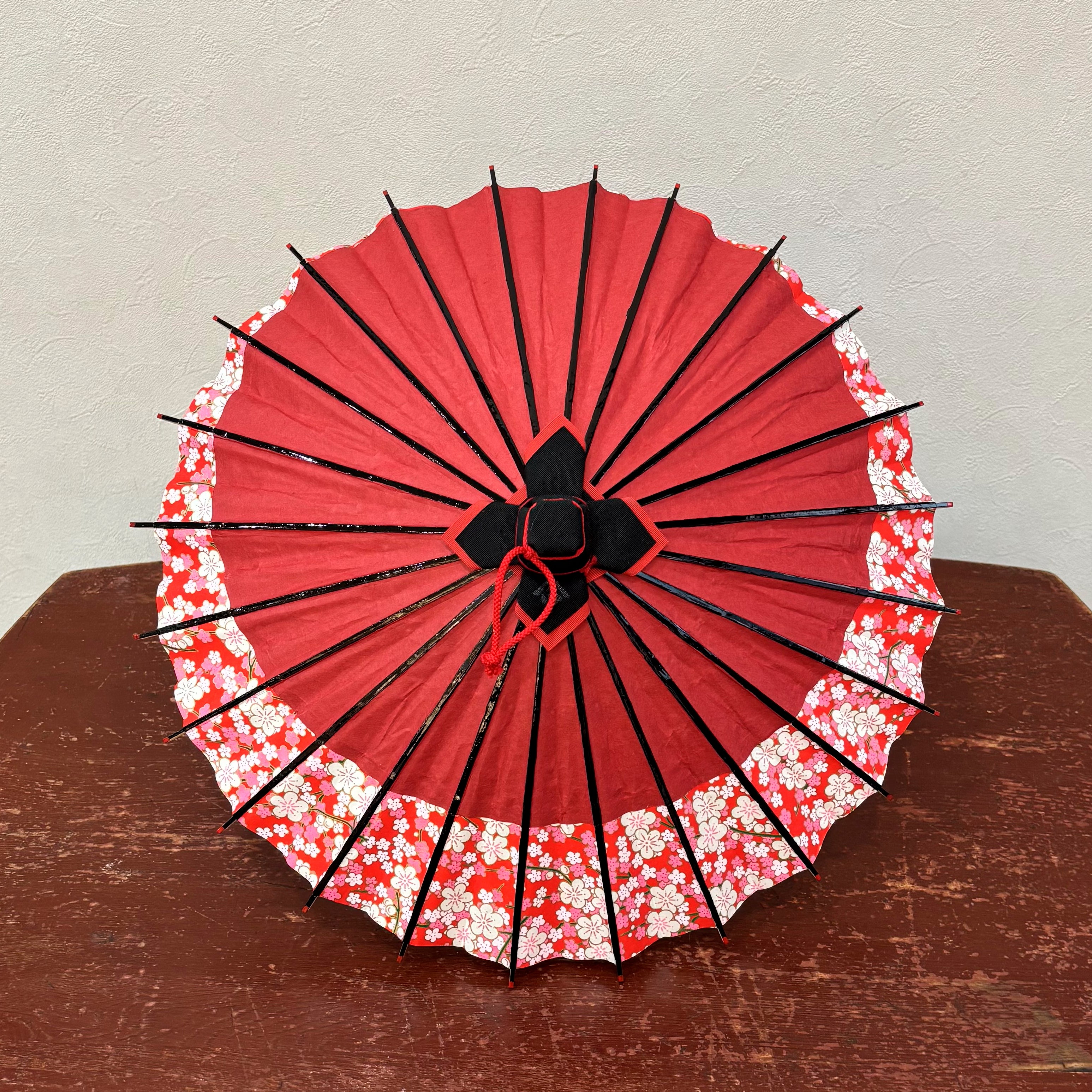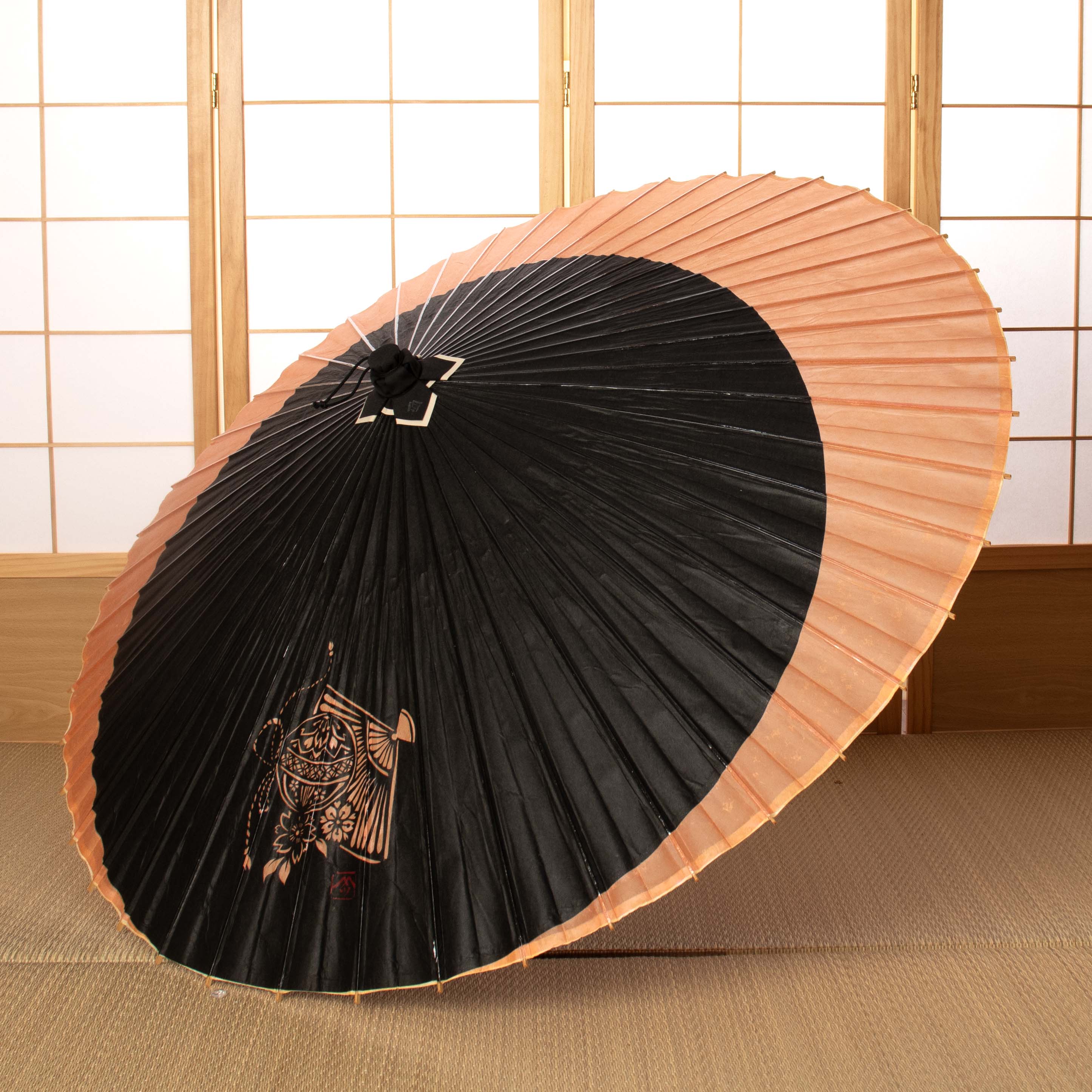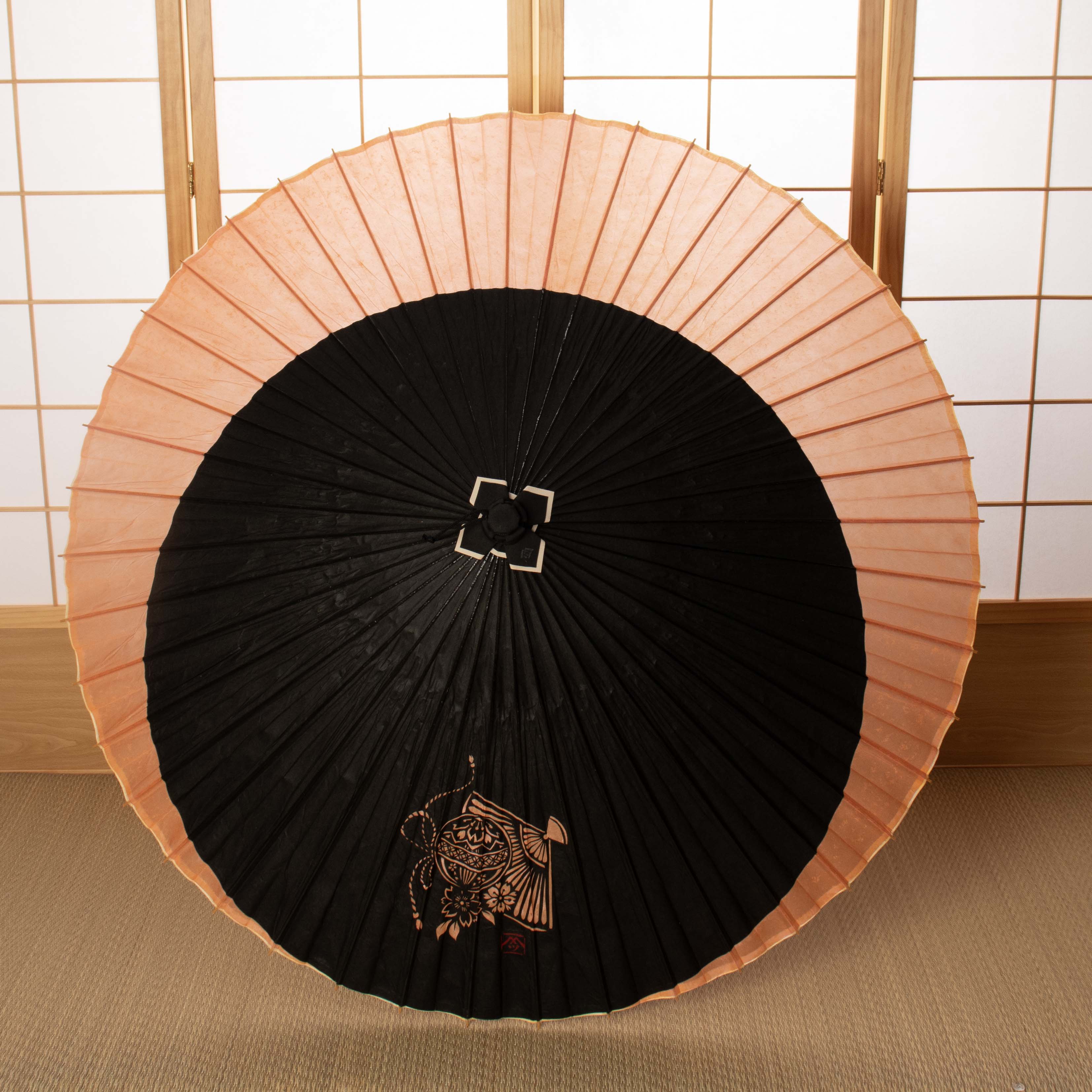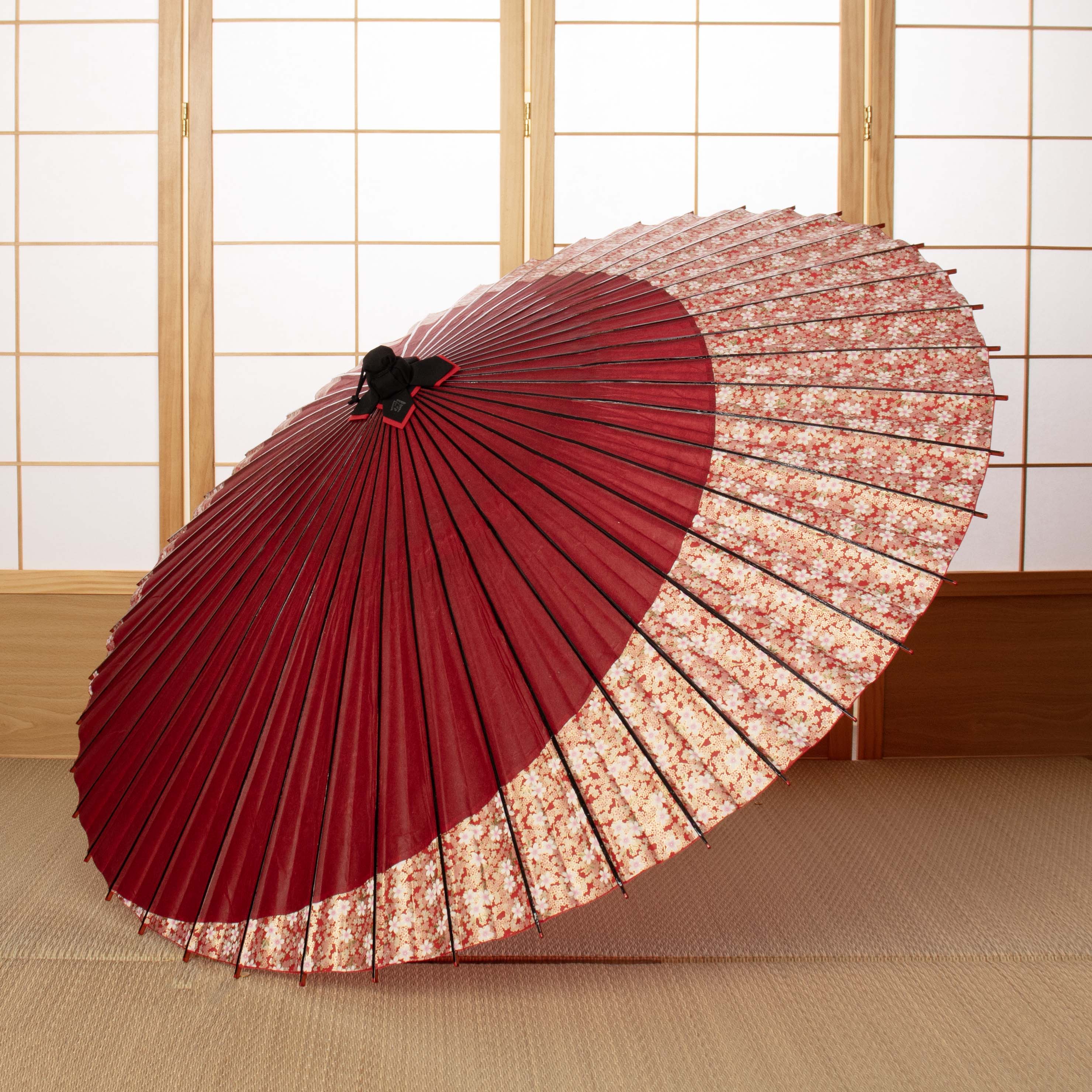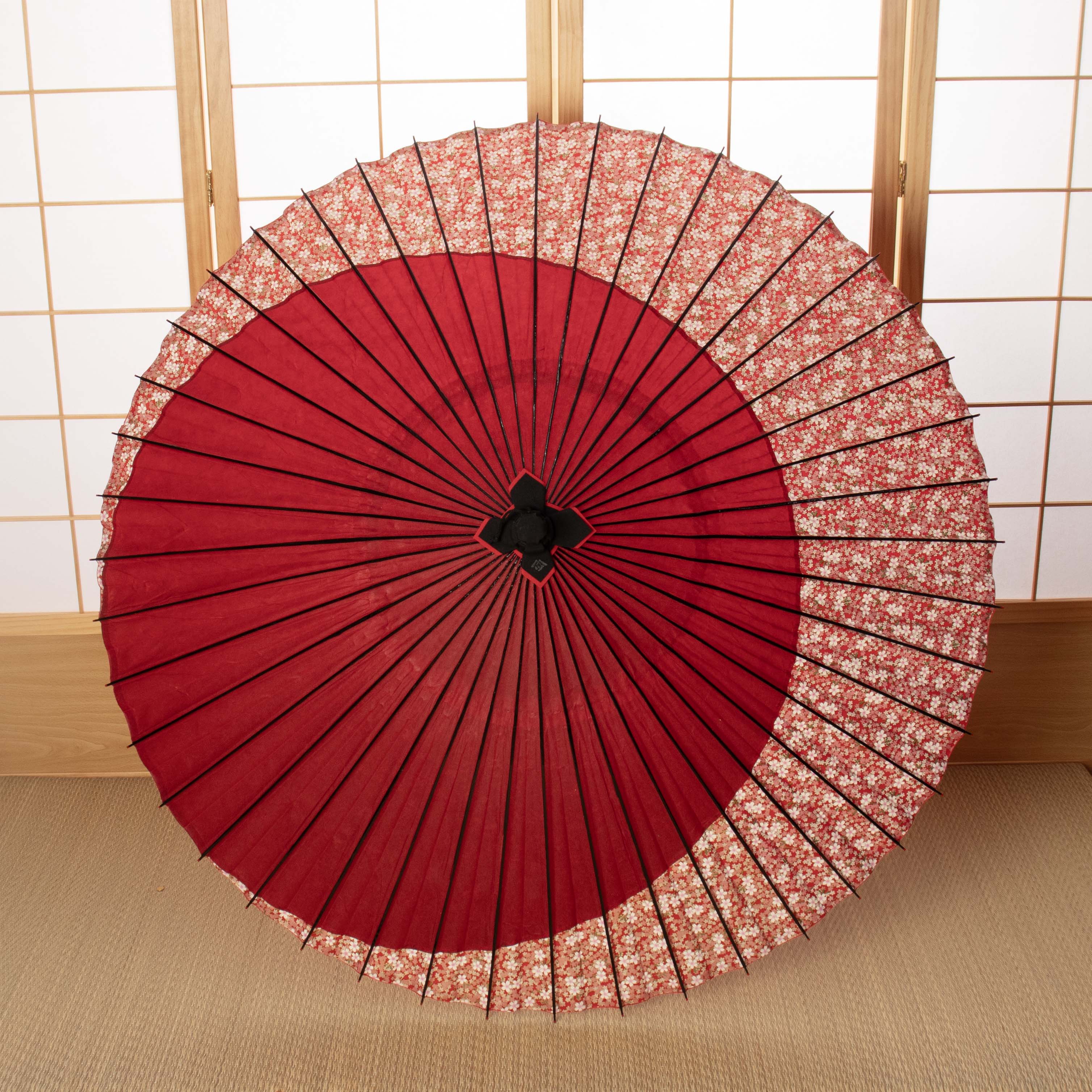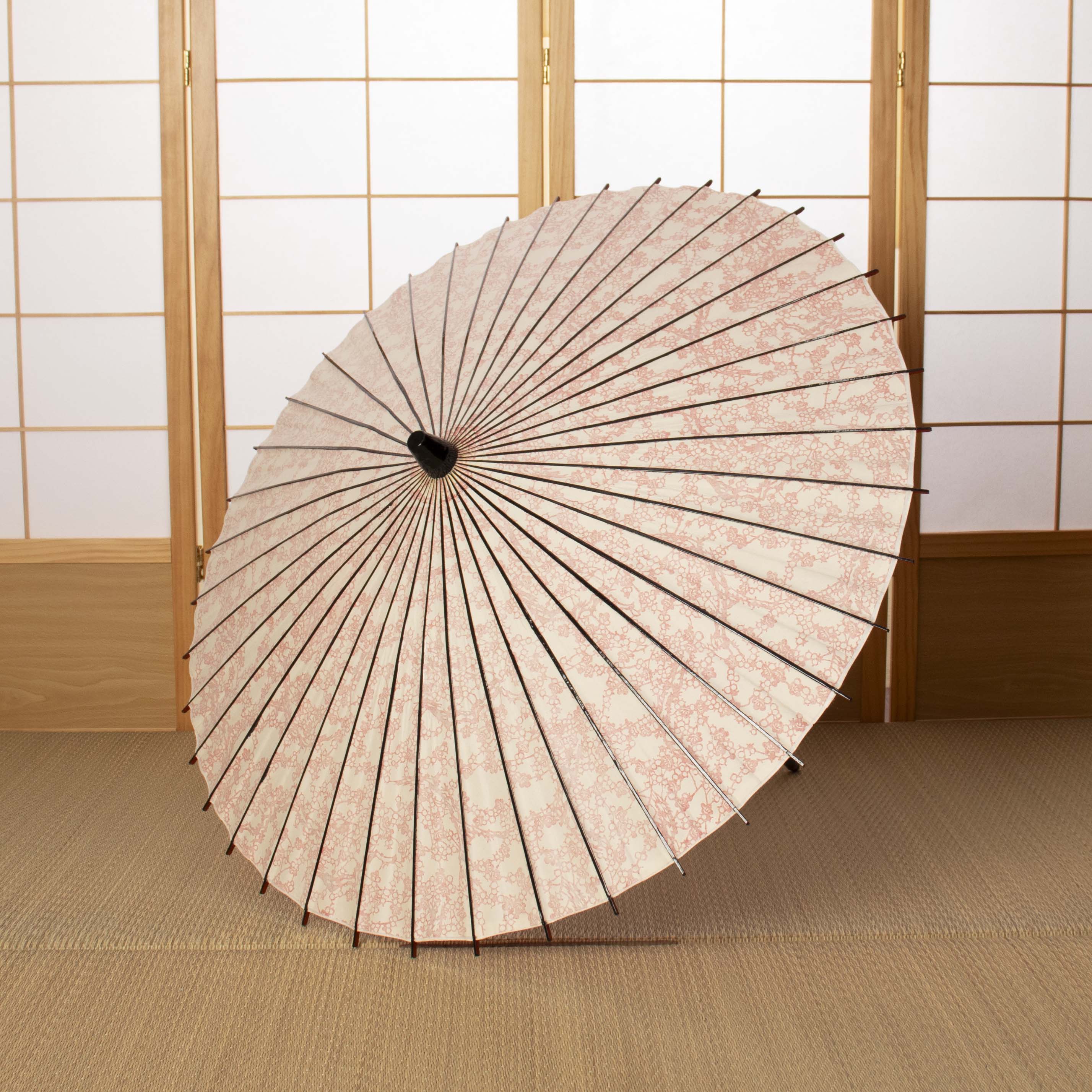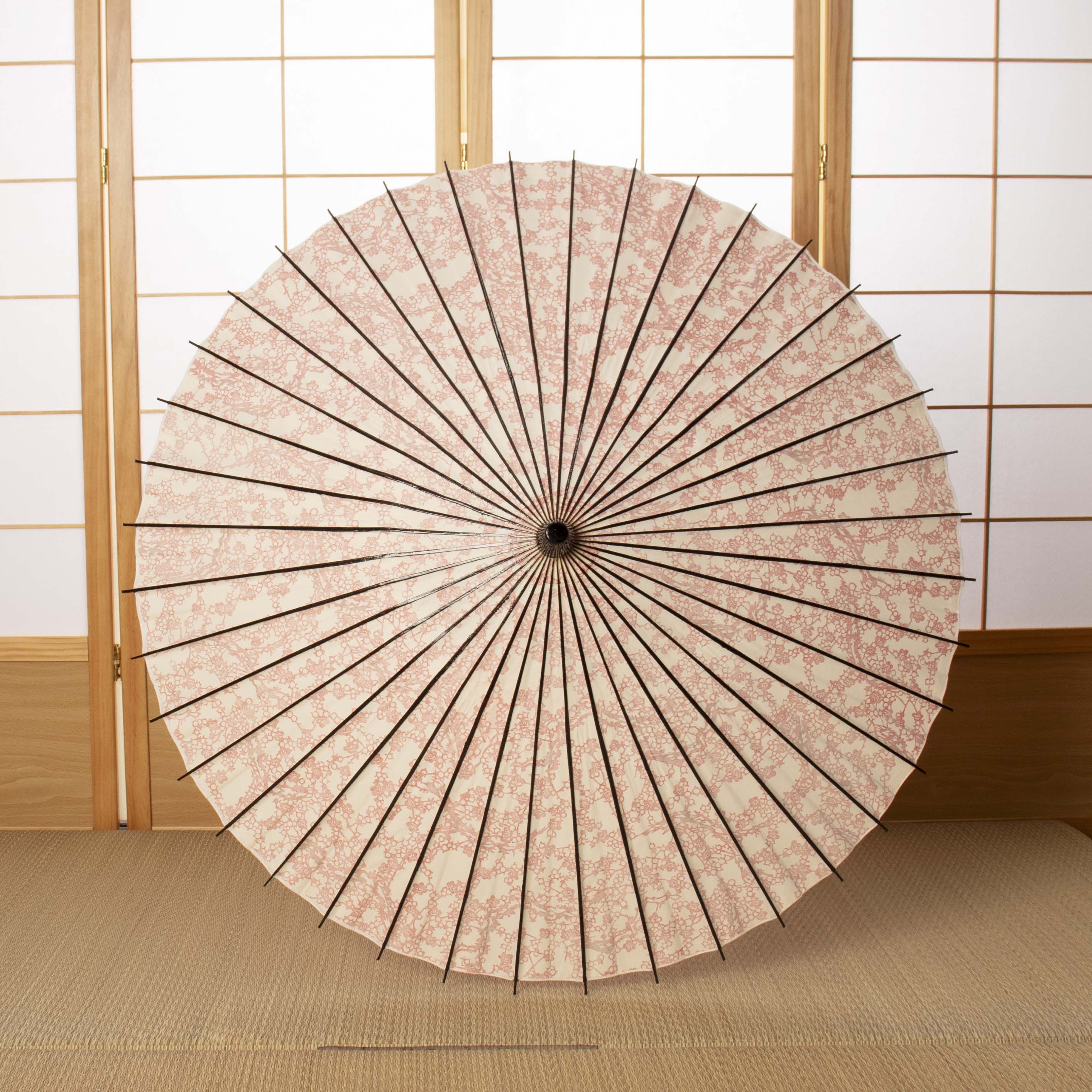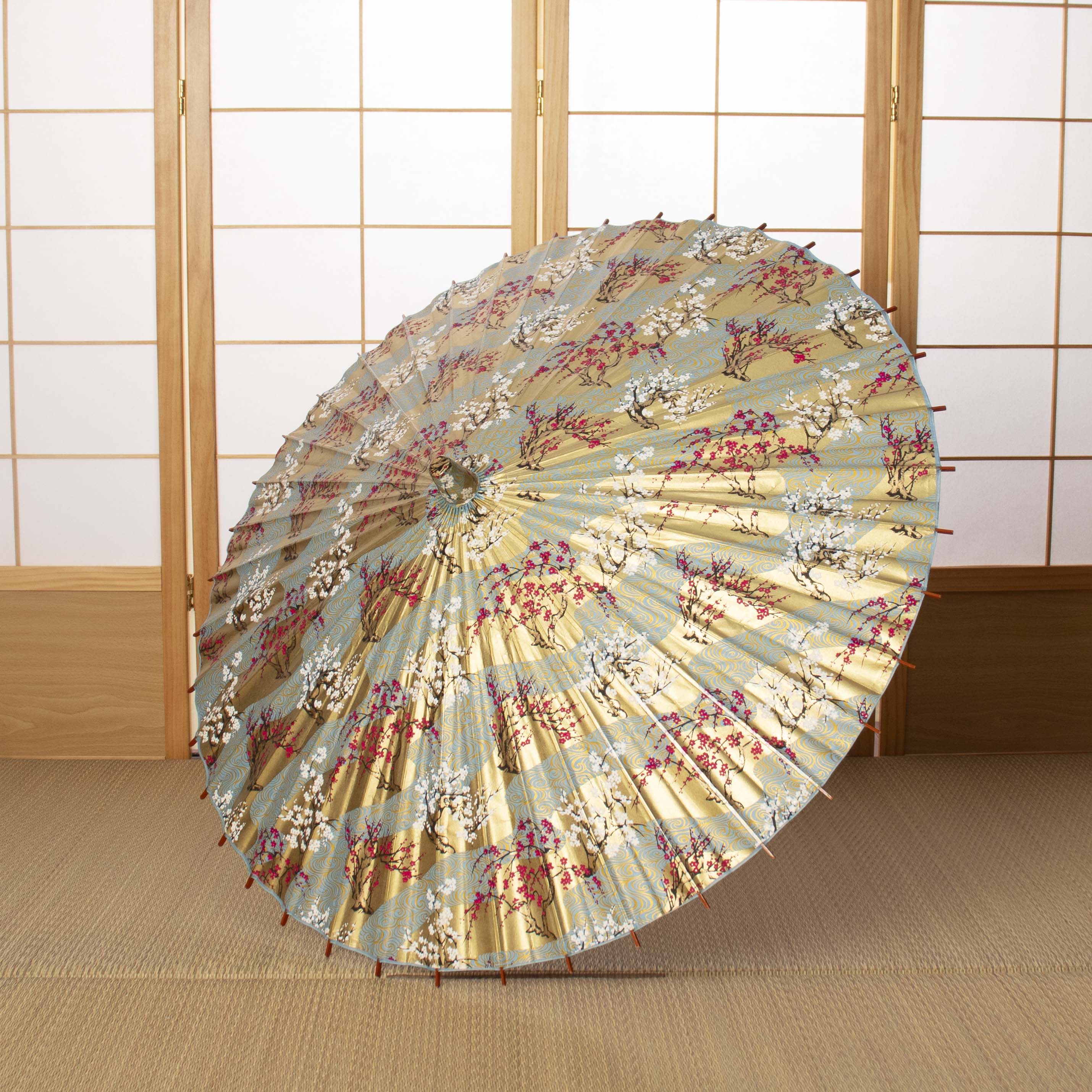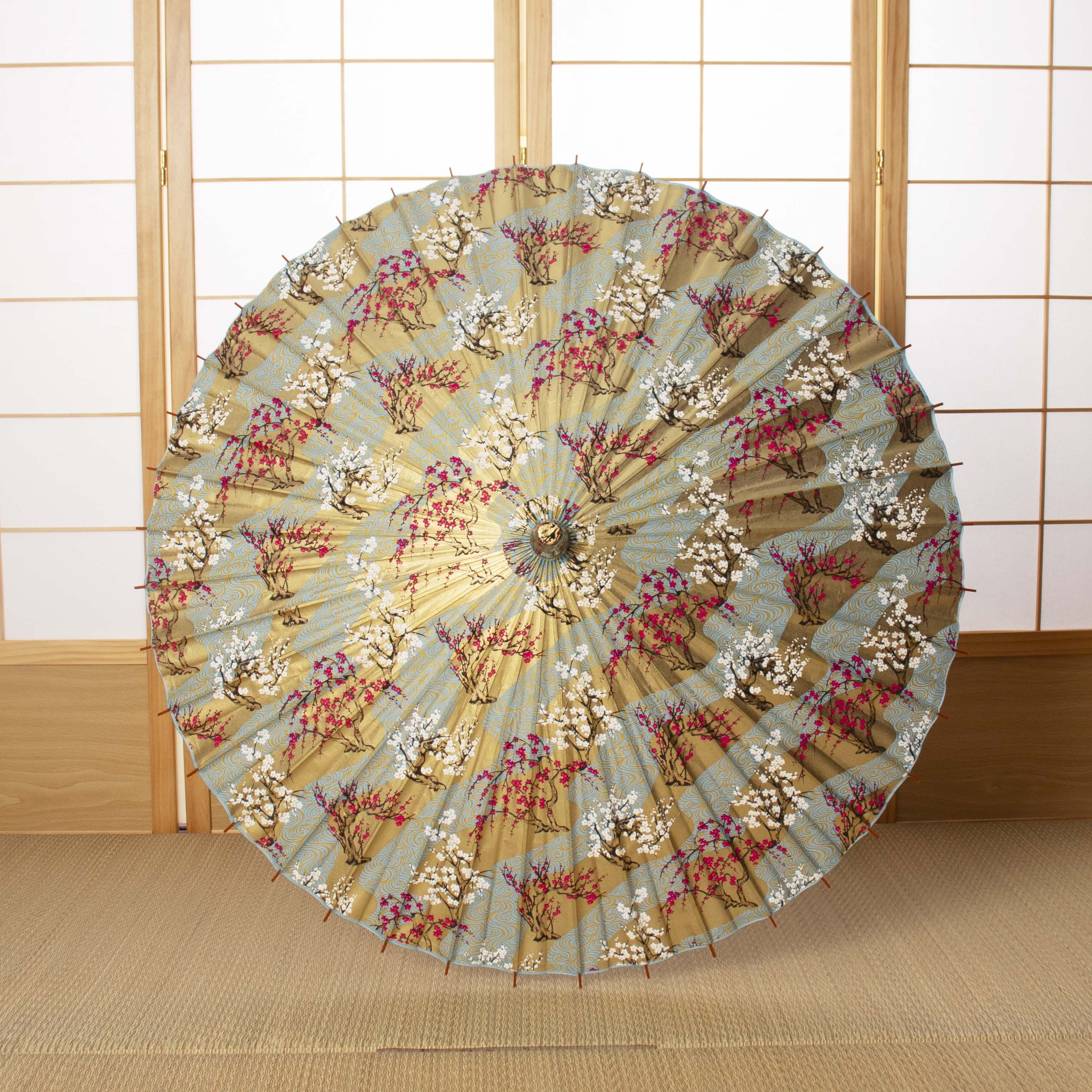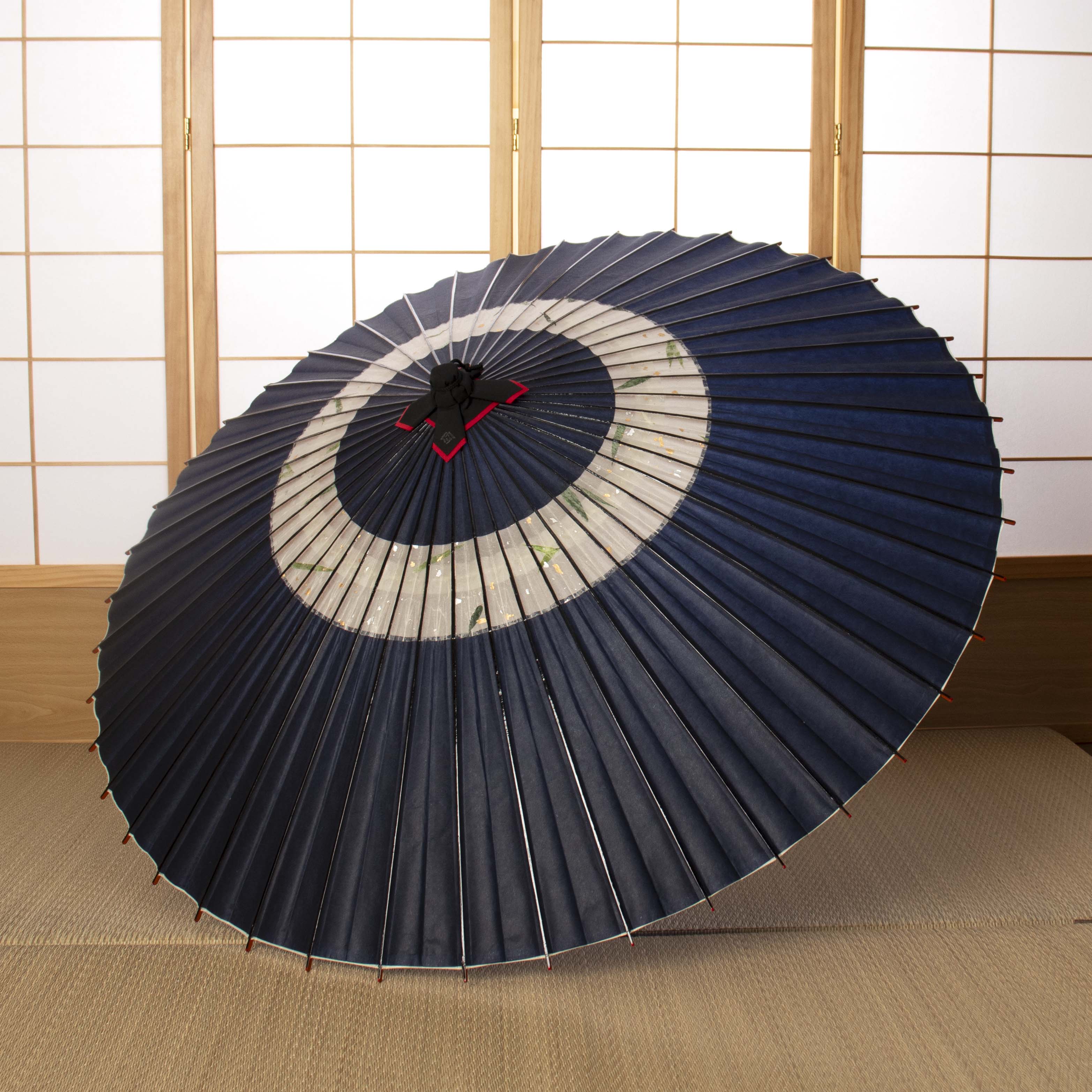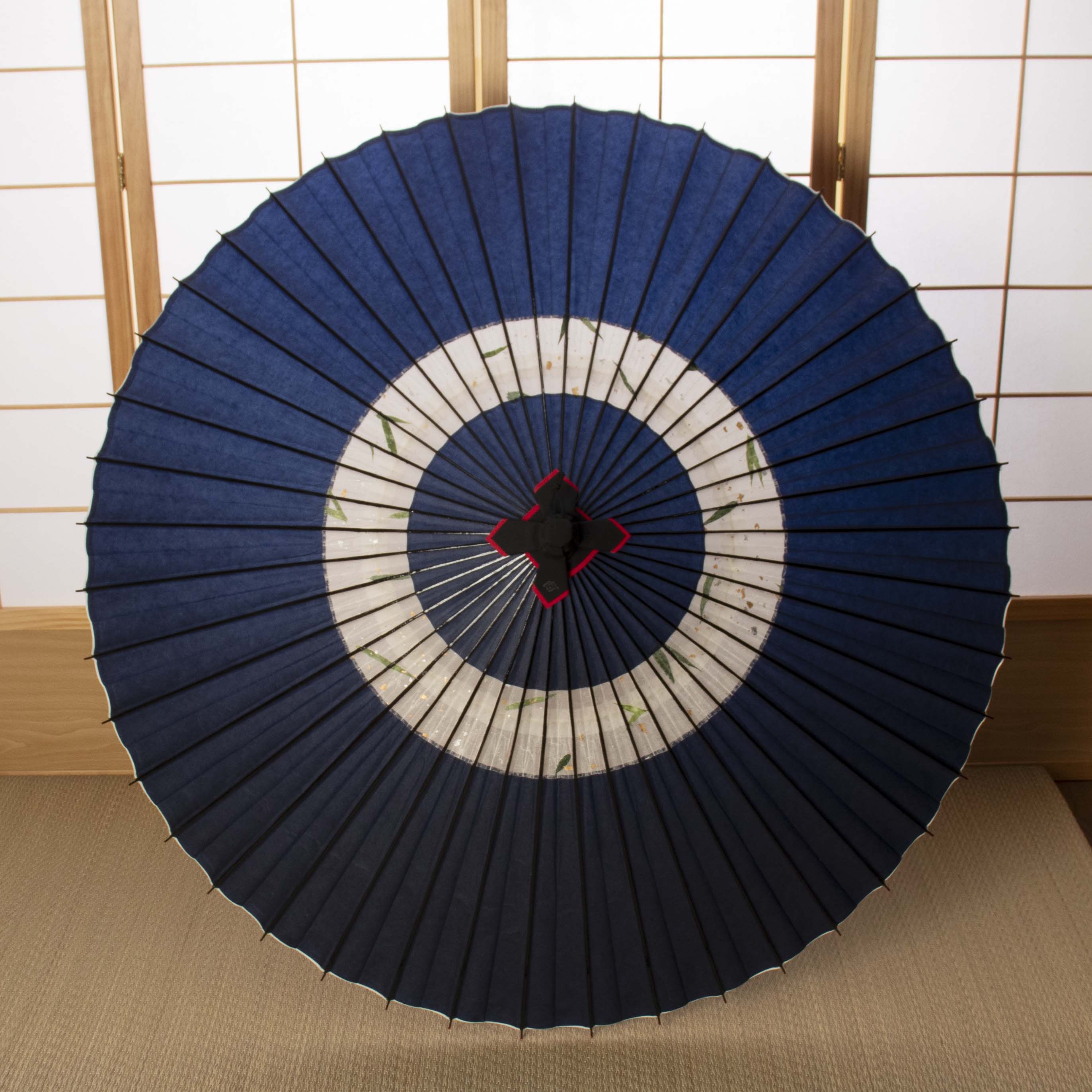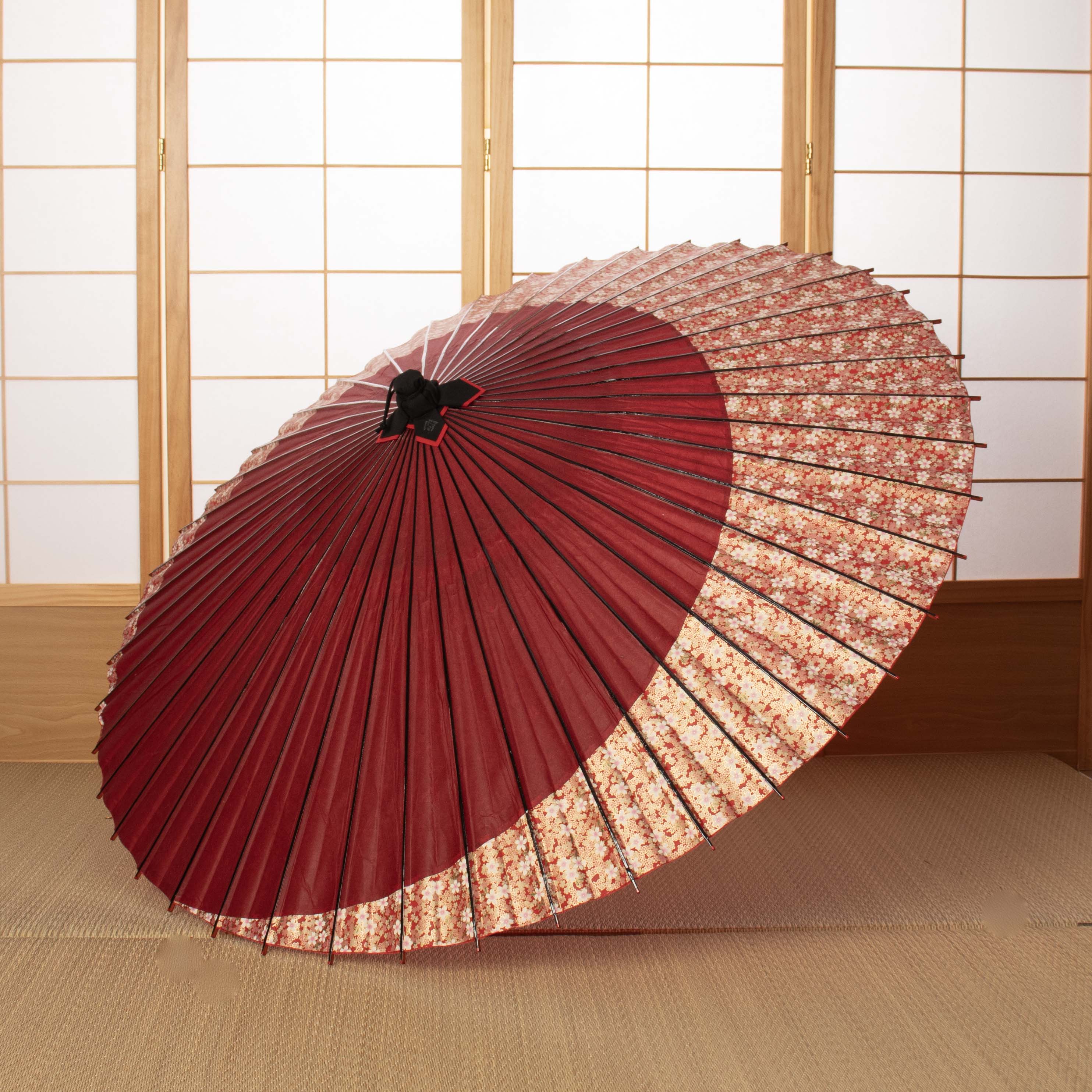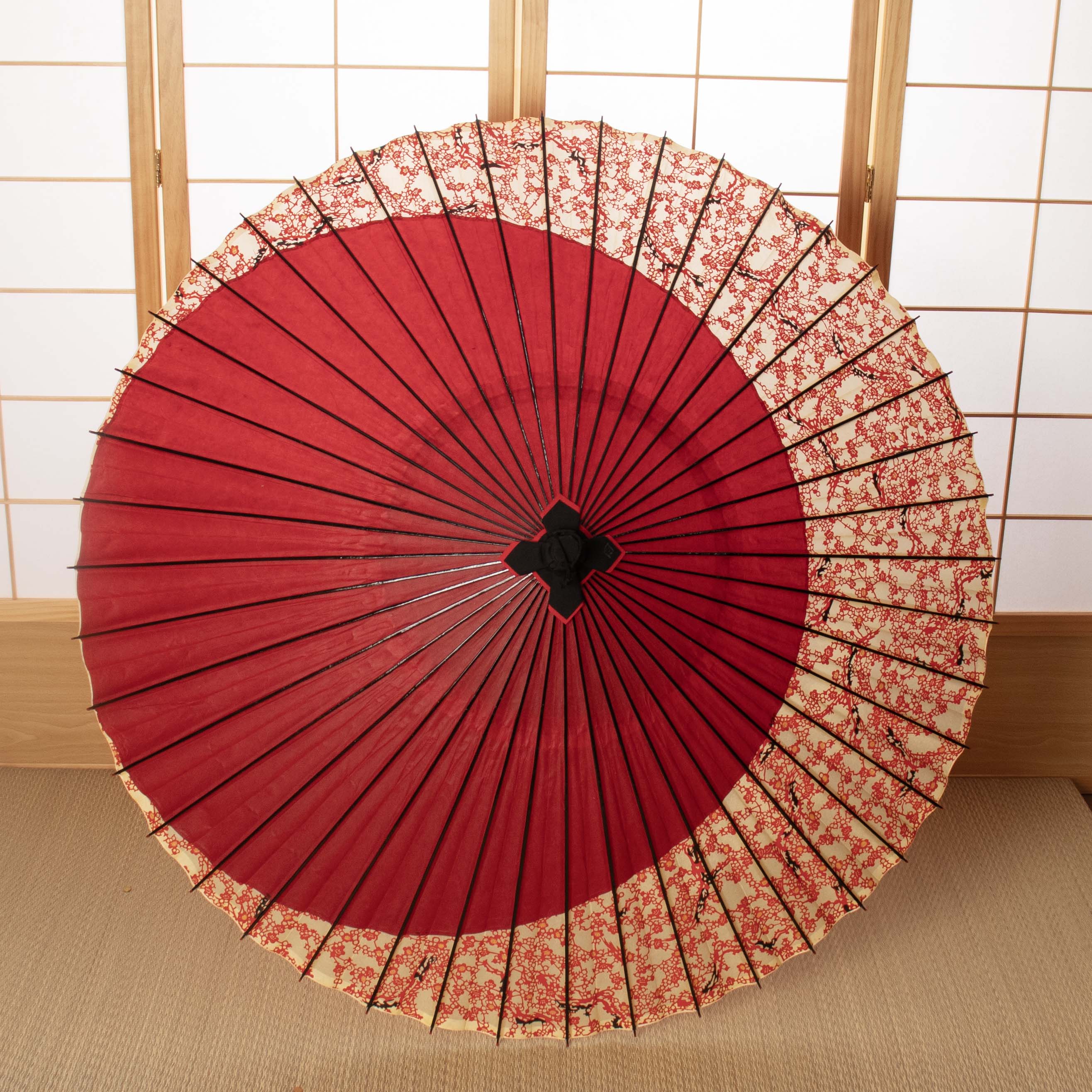Peach Festival - Wishing for endless happiness on Hinamatsuri -

The origin of Hinamatsuri is Jōshi, one of the five seasonal festivals introduced from China.
It has long been believed that evil spirits are more likely to enter the area around the turning points of the seasons.
In China, there is a custom of purifying oneself in a river on Jōshi, one of the five seasonal festivals. In Japan, this custom spread as an event in which people would ward off evil spirits by rubbing their bodies with dolls made from paper or other materials and transferring any impurities to them, then letting them float down the river.

Meanwhile, during the Muromachi period, a practice called "hiina (meaning small and cute things) play," in which upper-class women dressed dolls in colorful clothing, became popular.
This culture of playing with dolls and the Girls' Festival became established as Hinamatsuri and Hina dolls.
"five festivals"
• January 7th is "Jinjitsu (Seven Herbs Rice Porridge)"
• March 3rd is "Joshi (Girls' Festival)"
• May 5th is "Tango (Iris Festival)"
• Tanabata (Star Festival) on July 7th
• September 9th is "Chrysanthemum Festival"
It is said that the Hina dolls will take on any misfortunes, suffering, or illnesses that may befall the baby in the future.
By having the Hina dolls take on the baby's misfortunes, people hope for the baby's healthy growth.
The reason it is called "Peach Festival" comes from the fact that peach blossoms bloom around March 3rd on the lunar calendar, and peaches were believed to have the power to ward off evil.
On Hinamatsuri, families begin to display Hina dolls with the hope that their children will be protected from misfortune and will be blessed with happiness in life.
This is an old legend and there are various theories about it, but when a Japanese umbrella is opened, its shape that spreads out at the end is said to represent the desire for protection from hardships that may befall one another and for a long and happy life under one roof. As it is considered to be auspicious, it has been used for celebrations and as part of a bride's dowry.
How about giving a Himewa umbrella with your child's name engraved on it as a gift to celebrate their first Doll's Festival or to wish them happiness?

A message of joy from a mother
It arrived this morning!
The Japanese umbrella is even more beautiful than I imagined and I'm looking forward to the first festival! Thank you very much.
Featured collection
おすすめの和傘紹介
Janome (Slender umbrella)



